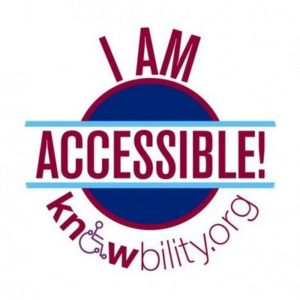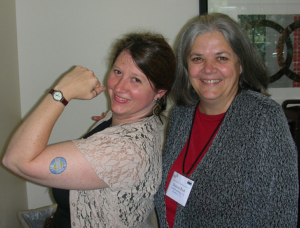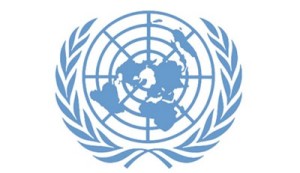I need a vacation.
What’s making me grumpy these days?
Here’s a partial list:
Conferences that want to charge presenters to attend. Never mind that the presenters are a significant reason why most people attend the conference.
Corporations and for-profit businesses that want advice from me by email or phone about a new product they want to launch – but they don’t want to pay me.
Digital inclusion efforts that don’t talk about web and app accessibility.
Any inclusion efforts that don’t talk about web and app accessibility.
Digital divide initiatives that don’t talk about web and app accessibility.
Popularity contests disguised as “crowdsourcing.” You know: crowdsource who should get a special volunteering award! Such an award isn’t based on merit – it’s based on how well someone or an organization can market itself.
Crowdsourcing efforts actually being about harvesting email addresses / subscribers for something. Example: crowdsource answers to questions from nonprofits on our platform! But register first! (and be added to our newsletter where we will endlessly pitch our products to you)
Organizations, especially schools, complaining that they don’t have enough volunteers, but then making it impossible to find information about how to volunteer, and what opportunities are available on their web site, etc.
Firefighters complaining that they don’t have enough volunteers, but having a lousy web site regarding volunteer information, refusing to use social media beyond “We posted to Facebook once last year!”, refusing to recruit in any ways that are different than “this is how we’ve always done it,” and targeting their recruitment measures to only those who might want to become career firefighters (volunteering is only a stepping stone).
People who say, upon hearing that their website isn’t accessible for people with disabilities, “Well, I don’t think we have that many people with disabilities trying to access our web site.”
Corporations and government officials who whine about nonprofits not being innovative or risk taking, but then balk at funding overhead costs, including staff training, computer technology, Internet access, etc.
People who never replied to my requests during a process I’m involved with regarding ways to improve or my questions on where to find something but then, when the event or campaign is over, are suddenly are brimming with ideas of how things should have been done.
People who don’t answer my questions and then are stunned when I don’t do work that matches their expectations.
People who post endlessly on Facebook about injustices or various social causes but never come to city council meetings, or citizens’ advisory committees, never attend public meetings to talk to police officers one-on-one, don’t attend candidate debates or town halls by elected officials, don’t vote, etc.
Consultants who make all sorts of suggestions about what an agency should be doing, but have never employed those suggestions first hand themselves. (“Here’s how you should be recruiting volunteers! Oh, no, I’ve never employed these methods myself… I don’t work with volunteers…”)
Consultants that promote themselves as social media experts and have just a few followers on Twitter.
Managers who believe lack of complaints means things are going really well (rather than, perhaps, complaints aren’t being heard).
Organizations that say they need volunteers but turn people away who try – including me.
Can’t get enough? Here are other blogs of frustration:






